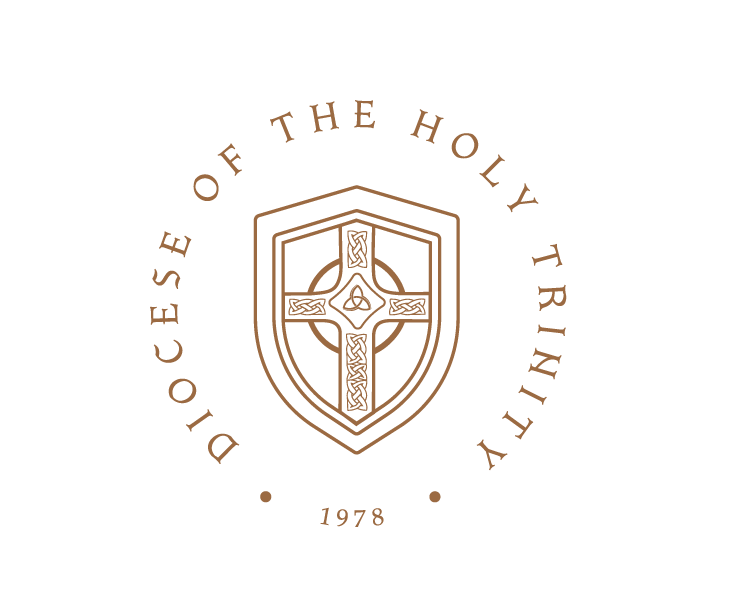The Non-Perfectibility of this World Apart from the Cross
I Googled the Florida school shootings and found a brief biography of each victim. Reading something about each one helped me connect with the tragedy. They were no longer “17 dead;” they were Alyssa, Scott, Martin, Nicholas, Aaron, Jaime, Chris, Luke, Cara, Gina, Joaquin, Alaina, Meadow, Helena, Alex, Carmen, and Peter.The process of my conversion began as a twelve-year old watching my 26-year old brother die of cancer. Two years earlier my mother had said the fateful words, “Your brother has a tumor.” It was the end of an idyllic childhood. Even at 10 I knew those words meant, “He is going to die.” Because of this formative tragedy, I have always been drawn to the pain of the world. Pain feels more real. Pain was the door to faith, the door to ultimate reality.There is an impulse in visible tragedies to do something to fix the problem so that it will never happen again. The prime targets in Florida were guns, the FBI, the school system, the family—anyone who might have done something to prevent it. Part of this impulse is good. We all want to be safer. Those in positions of responsibility should learn every lesson to help prevent another tragedy.However, another part of this impulse is an attempt to avoid the pain. We want to find someone to blame; a scapegoat upon whom we can pour out our anger. If it weren't for him, or her, or them, all would be well. This keeps us from the mourning and grieving that are necessary for humans to work through the pain of life in a fallen and broken world. But, "Blessed are those who mourn, for they shall be comforted.”I Googled statistics on homicide. I found an annual total for America in 2016: 17,250. Dividing that by 365 yields an average of 47 per day. If we allow for improvements in those statistics over the last year, that still amounts to two Marjory Stoneham Douglas High School tragedies EVERY DAY. Moving away from homicide to the human condition in general, there are over 2,000,000 deaths every year in our country. Improvements in drugs, treatments, and cures for some diseases can slow this rate down. However, it turns out that human condition is unavoidably fatal. No matter what we do, our mortality rate is 100%.Lent began on Ash Wednesday with the words, “Remember, O man, that dust thou art and unto dust shalt thou return.” In Lent we reflect on our mortality and on the condition of sin that causes it. Sin is the condition of separation from God. Sins are merely symptoms of the condition of sin. Sin causes death. There is no way to conquer death or eradicate its effects in a fallen world apart from the remedy for sin that is the Cross of our Lord Jesus Christ. This is what Lent teaches us. We cannot get to Easter except through the Cross.On the cross Jesus said, “My God, my God why have you forsaken me?” He tasted this condition of separation from God for us. We feel our condition of separation from God most acutely in our pain; pain can lead us to Jesus and the Cross. Thus, pain can become the door through which he enters our lives and we enter his kingdom.I do not believe there is any better way to preach the gospel that to share in someone's pain; to mourn with them over our common participation in the pain of life in a fallen world. The world runs from pain. We should run to it and face it head on because we know the answer for it. As we sit with people in their pain, we become a sign of the presence of Christ with them in it; our shared tears become the fellowship of Christ's suffering (Philippians 3:10).Our mourning in Christ is not despair. Our tears are tears of hope. The laughter of the world is often despair—the world trying fruitlessly to convince itself that things will be okay apart from the Cross. We weep with our Lord for the world's brokenness, even as we know that God is making all things new through the Cross, which is the gateway to Easter and the New Creation, where “God will wipe away every tear from their eyes; there shall be no more death, nor sorrow, nor crying. There shall be no more pain, for the former things have passed away" (Rev. 21:4).

